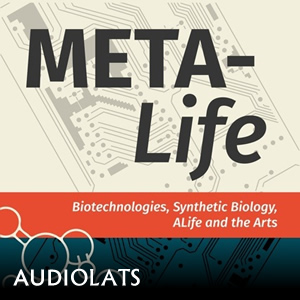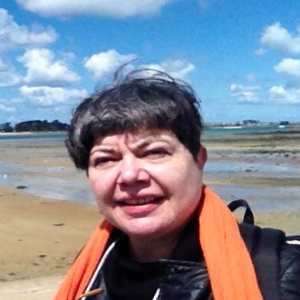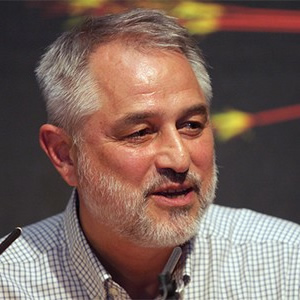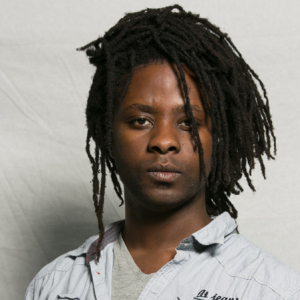Please join Camilla Pang and Yvan Tina on this second part of the interview which talks about the relationships between art and science as ways to communicate points of view and understanding. What can the experience of Synaesthesia and Asperger’s syndrome, for example, tell us about the nature of information and processing? Do art and […]
Listen ->Art, Science, and Society : an aesthetics of communication?
Recorded on 2018-09-23



